Unlike most so-called superfoods, which are increasingly being forgotten, kale is gaining more and more popularity and is increasingly present on the menus of people of all ages. This is no coincidence.
Why should we consume kale and what are the benefits of this leafy vegetable? We are going to list 12 of the most important benefits of kale for our health and if you had a negative opinion about it until now, you will certainly change it after reading the article.
1. Valuable superfood - the first reason to consume kale is that it is probably the most valuable superfood you can find. This means that there are a number of benefits for our health. In addition to cabbage, kale is also a cousin of arugula, Brussels sprouts and broccoli. The family of cruciferous vegetables, which includes kale, includes some of the most valuable vegetables for our health.
A cup of kale gives you:
- calories - 36;
- protein - 2 g;
- does not contain any fat;
- no sugar at all.
Kale contains all 9 amino acids. As for vitamins:
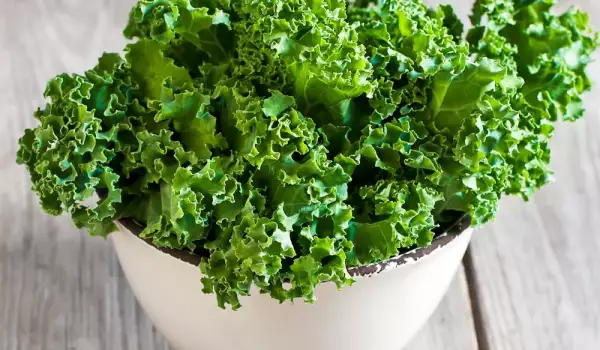
- Vitamin K - 684% of the required daily dose in raw form and 118% after it is cooked;
- Vitamin A - 206% of the daily dose in raw form and 98% after cooking;
- Vitamin C - 134% of the daily dose in raw form 4 and 71% after cooking;
Between 1.5 and 2 cups of dark green vegetables should be consumed per day. If you want to eat healthy and lose weight, you have to double the dose.
2. Kale is high in antioxidants - Another benefit of kale and reason to eat it is that it is extremely high in antioxidants. An antioxidant is a molecule, that has the power to slow down or prevent the oxidation of other molecules. Oxidative processes in the body lead to the appearance of free radicals, which are harmful to cells, because they either damage them or lead to their fatal end. When there is a significant amount of antioxidants in our body, it helps to eliminate free radicals from our body, because they accelerate the aging process, as well as lead to the appearance of cancers;
3. Vitamin richness of kale - the next reason to eat kale and benefit from it is that it is very rich in vitamins, which are:
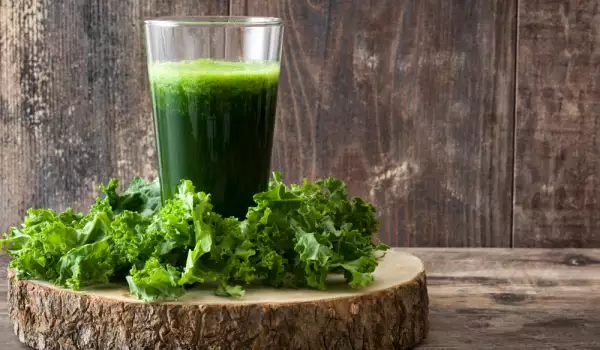
- Vitamin A - this vitamin is of very great importance as far as our eye health is concerned, mostly it has a beneficial effect on the ability of our eyes to see well at night. Vitamin A in kale is in very large quantities;
- Other very healthy substances contained in kale are lutein and zeaxanthin. Our body does not produce these two substances, so it is important to get them through food. The required amount for the day is 12 mg of lutein and zeaxanthin. When raw, kale contains 11 mg of lutein and zeaxanthin per serving. However, if it goes through heat treatment, the amount of these two substances rises to 23.8 mg. As soon as our body has the necessary amount of these two substances, lutein and zeaxanthin act as antioxidants and protect our eyes from a number of diseases.
- Vitamin C - kale contains 3 times more vitamin C than lemons - Yes, this is a pretty good reason to consume it and it will undoubtedly bring a number of benefits to our health. Vitamin C greatly helps our immune system to be protected and stable, it also helps our skin health. We mentioned above what the amount of vitamin C in kale is. This vitamin supports cell regeneration, which helps the skin to be healthy and strong. Also, this vitamin helps to maintain good levels of collagen in the skin and this makes it young and elastic for a longer time;
- Vitamin K - kale contains vitamin K, which is of great importance for good bone health and normal cell growth in the body. This vitamin is fat soluble and is very important for blood clotting. Another useful property of this vitamin is that it significantly improves the formation of our bones and significantly reduces the risk of fractures. There is a lot of data, according to which this vitamin has a very important role in protecting the body from liver cancer and prostate cancer.

4. Kale helps control diabetes - kale provides our body with 7 grams of fiber for every 100 calories. In addition to making you feel full, fiber helps control diabetes. If you suffer from diabetes and have high blood sugar levels, then your cells cannot absorb the amount of glucose they need. This way, it accumulates in the blood and leads to a number of complications. There is a study that shows that if people with diabetes consume enough dietary fiber like kale, it results in a significant reduction in blood glucose;
5. Kale contains very many minerals - along with all other minerals such as calcium, magnesium, copper is also contained in kale. It takes an active part in the process of hemoglobin formation and helps to deliver oxygen to the cells more quickly. Copper also helps to increase the activity of insulin and the good absorption of carbohydrates by our body. It also plays an important role in the binding of collagen and elastin, which, as we know, are involved in building bones, cartilage, skin and blood vessel walls. A cup of kale gives your body the dose of honey it needs for the day;
6. Kale is extremely rich in magnesium - unfortunately, most people on the planet suffer from magnesium deficiency. However, kale contains it in sufficient quantities. Magnesium supports the functions of our nerves and muscles. Also, magnesium helps a lot with depression and helps with good digestion. This mineral supports our cardiovascular system;
7. Instead of milk and dairy products, you can get calcium through kale - a surprising fact is that kale contains more biological calcium than milk and dairy products. 1 gram of kale provides 1.35 mg of calcium. Getting your calcium only from dairy products is dangerous, because it contains a protein called casein, as well as saturated fat and cholesterol. The International Osteoporosis Foundation strongly recommends getting calcium from kale instead of milk, because the calcium it contains supports bone strength and prevents bone mass loss;
8. Kale contains a very good amount of omega-3 fatty acids - kale is a very good source of alpha-linolenic acid. This is a type of omega-3 fatty acid that is very important for the good health of our brain, heart and significantly reduces the risk of type 2 diabetes. Kale contains more omega-3 fatty acids than omega-6 . A diet rich in omega-3 fatty acids significantly reduces the inflammatory processes in the body. And if there is more omega-6 in our diet, this will "help" the inflammatory processes;
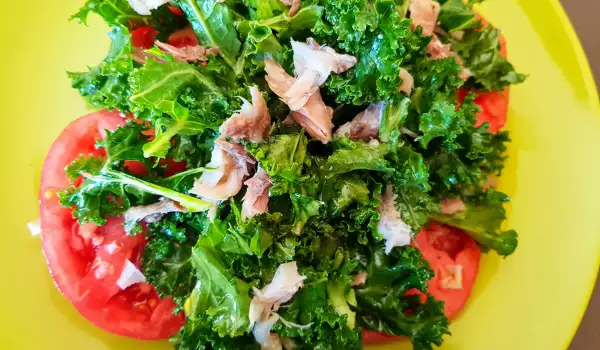
9. The consumption kale reduces the cholesterol levels in the body - when cholesterol reaches the liver, it converts it into bile acids, which, in turn, break down fat. Kale contains substances called sequestrants, that have the ability to trap bile acids in our gastrointestinal tract and prevent their reabsorption by the body.
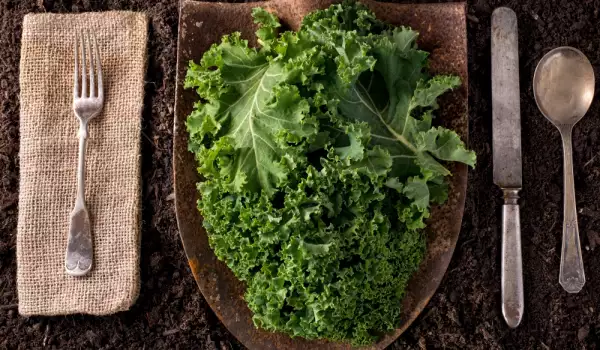
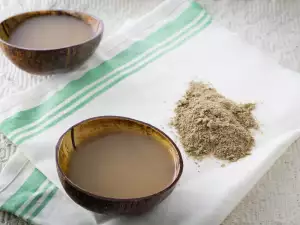
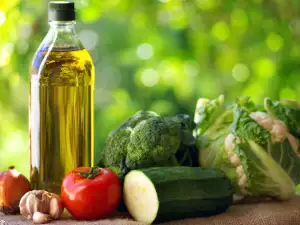



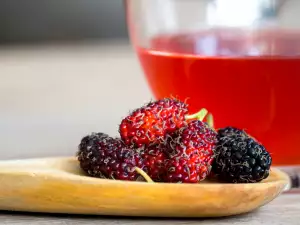





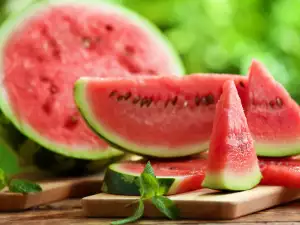

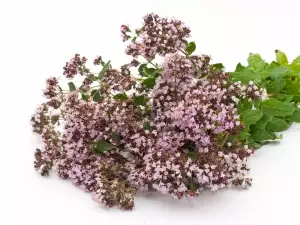





Comments